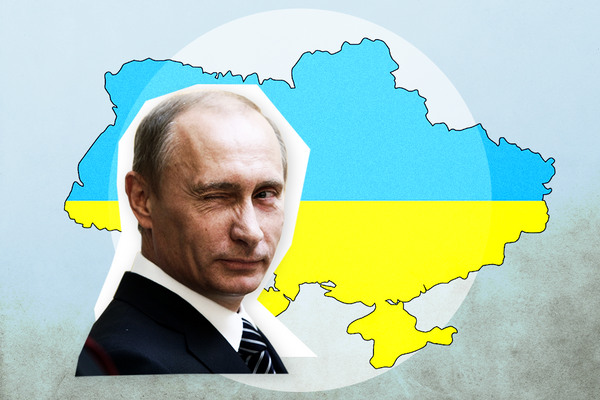December 13, 2021
Russia’s big plans for Ukraine. G7 foreign ministers warned Sunday of “massive consequences” if Russia invades Ukraine. It was the first joint statement by the group of rich democracies since recent satellite images revealed a significant buildup of Russian troops and military equipment on the border with Ukraine. Indeed, according to reports, the force that Moscow is massing near Ukraine is larger than the one it used to annex Crimea in 2014. This comes after the Pentagon said that Russia could have 175,000 troops on the border by the end of January in order to invade the former Soviet republic. In an attempt to lower the temperature last week, President Biden and Vladimir Putin held a long video call, but the Russian president was not deterred by Biden’s threat of more economic sanctions if Russia escalates further. Putin says he wants NATO not to expand membership any further into the former Soviet Union, and to stop military cooperation with Ukraine. Moscow will reportedly send a proposal for a security arrangement this week. But Putin, who has already indicated his willingness to threaten European energy markets, also knows all too well that while Washington talks a tough game, it is not willing to send in troops to defend Ukraine.
More For You
- YouTube
While Gaza and Ukraine dominate headlines, dozens of other conflicts—from Haiti to Myanmar to the Congo—get far less global attention. International Crisis Group’s Comfort Ero joins Ian Bremmer on GZERO World.
Most Popular
US President Donald Trump arrives to announce reciprocal tariffs against US trading partners in the Rose Garden of the White House in Washington, DC, USA, on April 2, 2025.
POOL via CNP/INSTARimages.com
From civil conflicts to trade wars to the rise of new technologies, GZERO runs through the stories that have shaped this year in geopolitics.
Ukrainian serviceman walks near apartment buildings damaged by Russian military strike, amid Russia's attack on Ukraine, in the frontline town of Kostiantynivka in Donetsk region, Ukraine December 20, 2025.
Oleg Petrasiuk/Press Service of the 24th King Danylo Separate Mechanized Brigade of the Ukrainian Armed Forces/Handout via REUTERS
Ukrainian intelligence services assassinated a senior Russian general on the streets of Moscow on Monday, detonating a bomb strapped to his car.
French President Emmanuel Macron arrives at the July 14, 2025 military parade on the Champs-Elysees in Paris. - 14/07/2025 - France / Ile-de-France (region) / Paris
Julien Mattia / Le Pictorium.
1: French President Emmanuel Macron announced plans to build France’s first aircraft carrier in decades, as Europe accelerates rearmament.
© 2025 GZERO Media. All Rights Reserved | A Eurasia Group media company.
